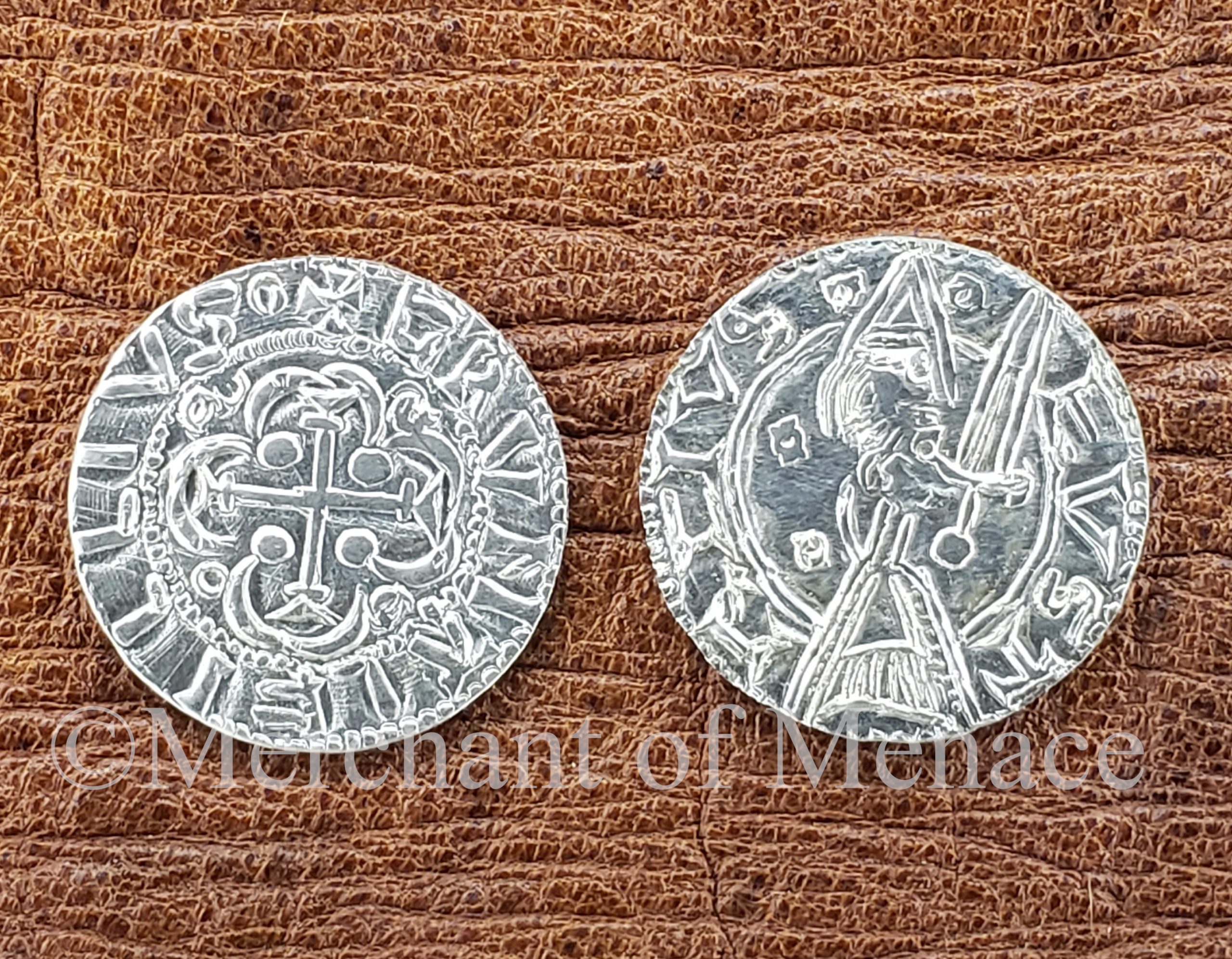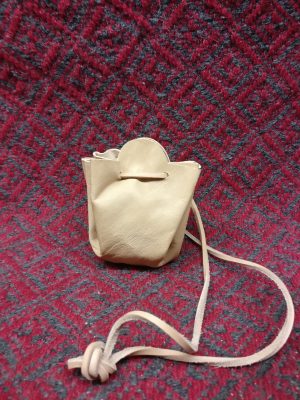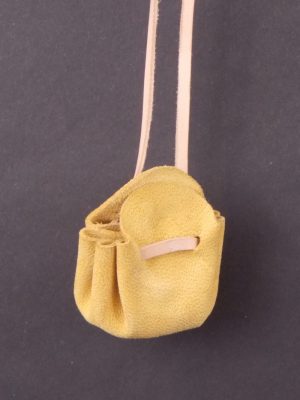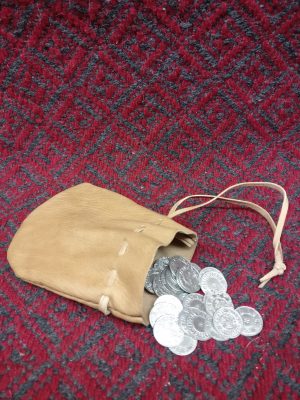Description
English Penny, Stephen King of England (Stephen of Blois) 1135-1154 AD
Local/Irregular Issue of the Civil War, produced by prominent figures in the kings name, in this instance by Eustace fitz John circa 1130-1145 AD, the coin shows a knight standing with a sword & a cross in Quatrefoil on the reverse.
Provenance:
Coins of England & the United Kingdom, 44th edition, Spink, 2009, page 135 ref-1317
We are delighted to offer for sale these close copies of the original coin.
The Coin is hand struck with our own hand cut dies, The coin is available in either lead free English Pewter or Sterling Silver (925, 3.3 grams approx.)
These make a great addition to any pouch or Living history dice game, Suitable for all cultures of the period.
These coins are accepted for use within:
Historia Normannis
Many other Groups and Societies also accept these for use, if in doubt please check with your group/society Authenticity/Provenance Officer or refer to your kit Guides. If you would like to add your Group or Society to the above list please let us know
Stephen King of England (Stephen of Blois) and his coin from circa 1135-1154 AD. But what do we know about him?
Stephen (1092 or 1096 – 25 October 1154), often referred to as Stephen of Blois, was King of England from 22 December 1135 to his death in 1154. He was Count of Boulogne jure uxoris from 1125 until 1147 and Duke of Normandy from 1135 until 1144. His reign was marked by the Anarchy, a civil war with his cousin and rival, the Empress Matilda, whose son, Henry II, succeeded Stephen as the first of the Angevin kings of England.
Stephen was born in the County of Blois in central France as the fourth son of Stephen-Henry, Count of Blois, and Adela, daughter of William the Conqueror. His father died while Stephen was still young, and he was brought up by his mother. Placed into the court of his uncle Henry I of England, Stephen rose in prominence and was granted extensive lands. He married Matilda of Boulogne, inheriting additional estates in Kent and Boulogne that made the couple one of the wealthiest in England. Stephen narrowly escaped drowning with Henry I’s son, William Adelin, in the sinking of the White Ship in 1120; William’s death left the succession of the English throne open to challenge. When Henry died in 1135, Stephen quickly crossed the English Channel and with the help of his brother Henry, Bishop of Winchester and Abbot of Glastonbury, took the throne, arguing that the preservation of order across the kingdom took priority over his earlier oaths to support the claim of Henry I’s daughter, the Empress Matilda.
The early years of Stephen’s reign were largely successful, despite a series of attacks on his possessions in England and Normandy by David I of Scotland, Welsh rebels, and the Empress Matilda’s husband Geoffrey Plantagenet, Count of Anjou. In 1138, the Empress’s half-brother Robert of Gloucester rebelled against Stephen, threatening civil war. Together with his close advisor, Waleran de Beaumont, Stephen took firm steps to defend his rule, including arresting a powerful family of bishops. When the Empress and Robert invaded in 1139, Stephen was unable to crush the revolt rapidly, and it took hold in the south-west of England. Captured at the battle of Lincoln in 1141, he was abandoned by many of his followers and lost control of Normandy. He was freed only after his wife and William of Ypres, one of his military commanders, captured Robert at the Rout of Winchester, but the war dragged on for many years with neither side able to win an advantage.
Stephen became increasingly concerned with ensuring that his son Eustace would inherit his throne. The King tried to convince the Church to agree to crown Eustace to reinforce his claim; Pope Eugene III refused, and Stephen found himself in a sequence of increasingly bitter arguments with his senior clergy. In 1153, the Empress’s son Henry invaded England and built an alliance of powerful regional barons to support his claim for the throne. The two armies met at Wallingford, but neither side’s barons were keen to fight another pitched battle. Stephen began to examine a negotiated peace, a process hastened by the sudden death of Eustace. Later in the year Stephen and Henry agreed to the Treaty of Winchester, in which Stephen recognised Henry as his heir in exchange for peace, passing over William, Stephen’s second son. Stephen died the following year. Modern historians have extensively debated the extent to which his personality, external events, or the weaknesses in the Norman state contributed to this prolonged period of civil war.






